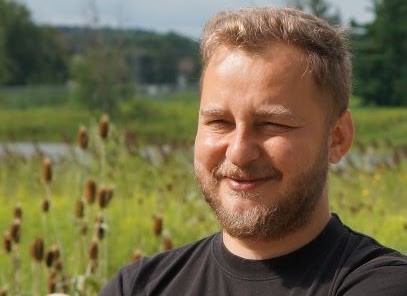Predictability, morality and the sunk cost – all the things we do to maintain social reputation

- Date
- Wednesday 20 October 2021, 14:00-1500
- Location
- Online - book below
Abstract
Economic and moral decisions is doing what’s best (to self and others) and what is the right thing to do (by some external criteria like religion). In some cases, the two criteria are misaligned, and require one to make a trade-off. However, decision makers also tend to consider a third criterion of their decisions: effects of a decision on their social reputation. For this talk, I will focus on one dimension I find extremely important for creating a positive social impression: being predictable. I will review two of our recent papers reporting how predictability judgments inform moral impressions, and guide social preferences. Next, I will discuss an ongoing project, testing escalation of commitment as a reputation management strategy, in which decision-makers are deliberately selecting suboptimal economic options because this way they secure their reputation as reliable and trustworthy social partners. All things together, I argue that only looking at outcomes and norms is not enough to understand how people decide, we also need to consider their expectations of how each decision will be received by their peers.
The Speaker
Dr. Michał Białek is an Associate Professor of Psychology at the University of Wroclaw. He is a head the Faculty of Psychology of Management, and chairs the Scientific Council for Psychology. Before settling back in Poland, he worked at the University of Waterloo (Canada) and University of Plymouth (UK). He published over 60 papers, including journals like Psychological Science, Cognition, and Behavior Research Methods. His research concerns how we decide, with especial focus on dealing with vivid contradictory intuitions, as in moral judgments. His most recent research investigates the foreign language effect, with hopes it will help to understand how to debias otherwise biased thinking. Michał is dedicated to Open Science.
